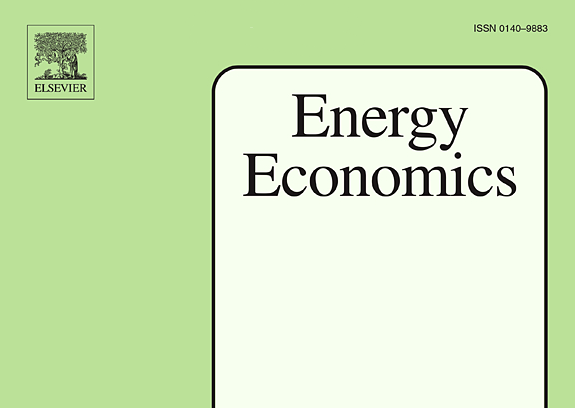A publication titled “Price risk transmissions in the water-energy-food nexus: Impacts of climate risks and portfolio implications” on Energy Economics by Trung Le, Linh Pham, and Hung Do
Abstract
The water-energy-food (WEF) nexus has quickly materialized as a critical factor that could threaten sustainable development goals. To contribute to the understanding of the WEF nexus from an economic perspective, this study investigates the price risk transmissions among the water, energy, and agricultural markets. We further analyze the critical impacts of climate risks, including physical and transition risks, on the transmission behaviors. Employing a quantile connectedness approach in the time-frequency domain, we provide a comprehensive analysis that allows for the consideration of different market conditions (extreme vs. normal) and time horizons (long vs. short). We find that the WEF nexus is relatively small in a normal market condition but increases substantially in an extreme market condition. The nexus is more pronounced in the short-term horizon compared to the long-term horizon. Among investigated factors, the U.S. climate policy and economic policy uncertainty have generally strengthened the WEF nexus while geopolitical risk and U.S. term spread tend to weaken the nexus. Analyzing the impacts of climate risks in detail, we find that in the short term, investors worry more about transition risks rather than physical risks in a normal market condition. In the long term, investors integrate information on both transition and physical risks but only in an extreme market condition. Our analysis of the economic implications further supports the view that investors care more about transition risks than physical risks when forming investment portfolios.
Read more
